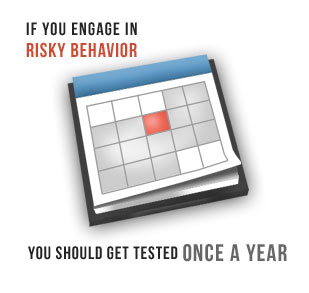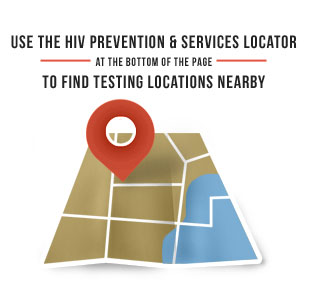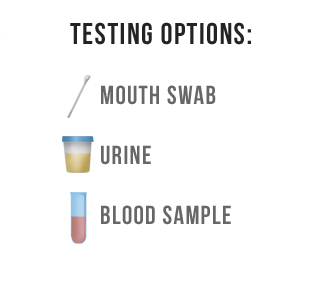Types of HIV Tests
Antibody Tests: The most common HIV tests look for HIV antibodies in your body, rather than looking for HIV itself:
- Enzyme immunoassay (EIA) tests use blood, oral fluid, or urine to detect HIV antibodies. Results for these tests can take up to two weeks.
- Rapid HIV antibody tests also use blood, oral fluid, or urine to detect HIV antibodies. Results for these tests can take 10–20 minutes.
If you get a positive result from either of these tests, you will need to take another test, called a Western blot test, to confirm that result. It can take up to two weeks to confirm a positive result.
Antigen Tests
These tests are not as common as antibody tests, but they can be used to diagnose HIV infection earlier—from 1-3 weeks after you are first infected with HIV. Antigen tests require a blood sample.
PCR Test (Polymerase chain reaction test)
This test detects the genetic material of HIV itself, and can identify HIV in the blood within 2-3 weeks of infection.
Babies born to HIV-positive mothers are tested with a special PCR test, because their blood contains their mother's HIV antibodies for several months. This means they would test HIV-positive on a standard antibody test—but a PCR test can determine whether the babies have HIV themselves.
Blood supplies in most developed countries are screened for HIV using PCR tests. PCR tests are also used to measure viral loads for people who are HIV-positive.
Home testing kits are HIV antibody tests that you can take in the privacy of your own home. Currently only one test, the Home Access HIV-1 Test System, is approved by the FDA for this purpose. This is not a true HIV testing kit, but a sample-collection kit. You collect a sample of your blood by sticking your finger with a sterile lancet, put the blood on a special collection card in the kit, and send it back to laboratory for testing. At a later date, you call the lab for your results. For more information, see FDA's Testing Yourself for HIV-1, the Virus that Causes AIDS.
For additional information, see CDC's How HIV Tests work.
Related Topics on AIDS.gov
Frequently Asked Questions
If my HIV test is negative, does that mean I definitely don't have HIV?
Not necessarily. If you take an HIV antibody test within 3 months of a possible exposure to HIV, you should get another test 3 months later to confirm your negative result. It can take up to 6 months after exposure for some people to develop detectable HIV antibodies.
http://www.cdc.gov/hiv/topics/testing/resources/qa/be_tested.htm#wait
Last revised: 02/09/2012



